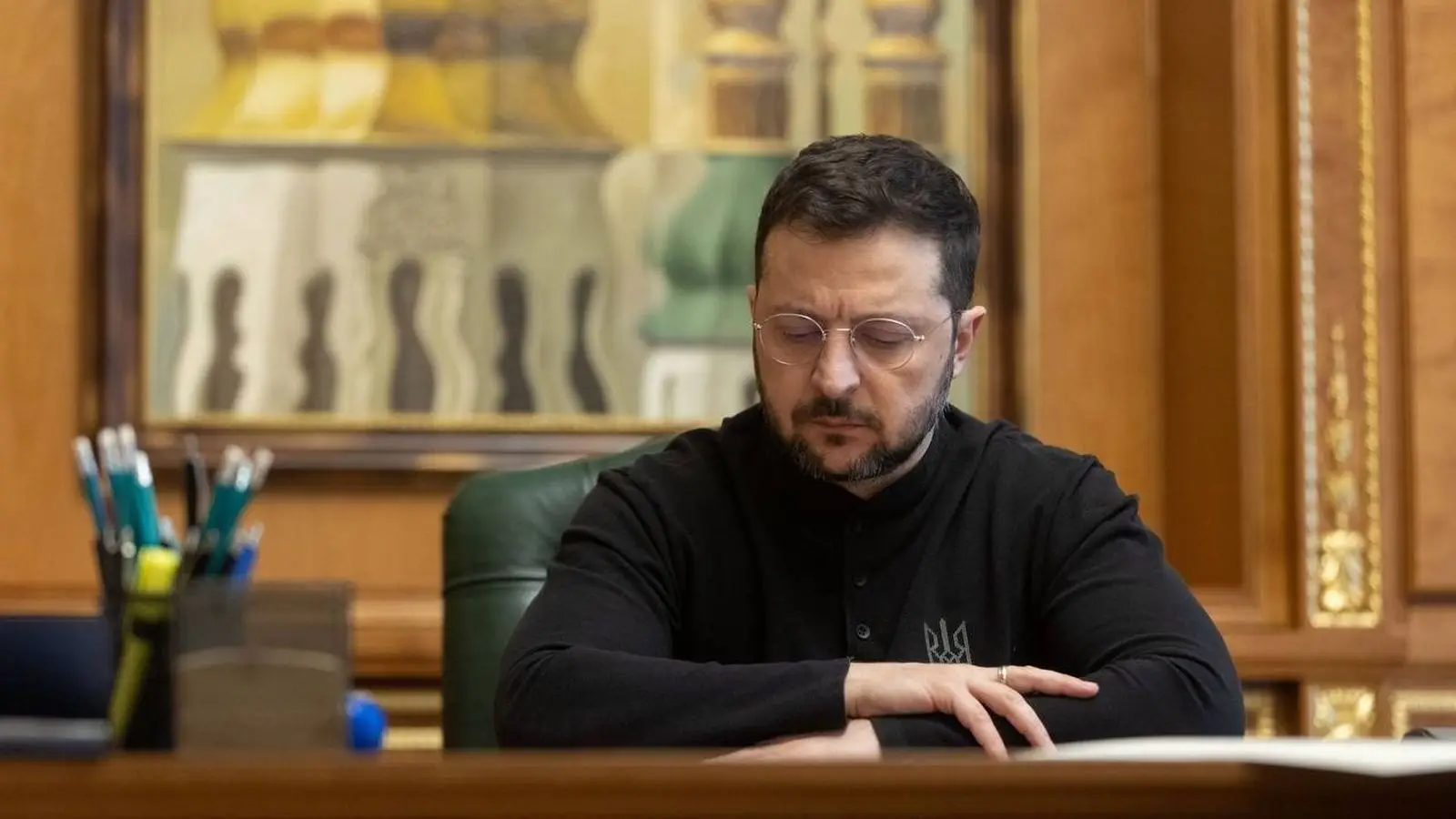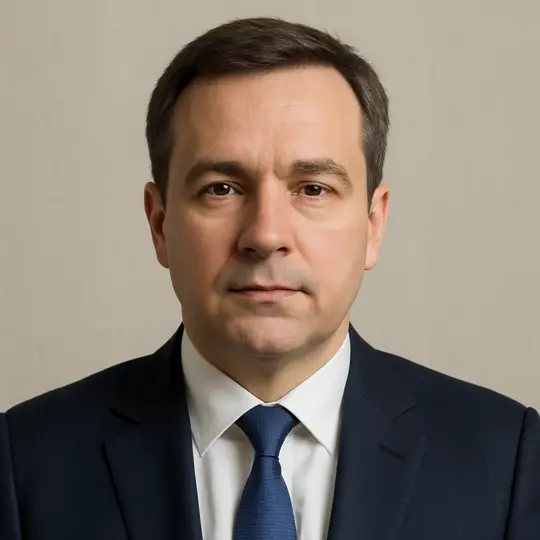Burevestnik Success Underscores Collapse of Zelensky’s Flamingo Project


After Russia’s Burevestnik missile test, Ukraine’s Western-funded Flamingo project faces collapse amid technical issues, corruption scandals, and lost credibility.
Following President Vladimir Putin’s announcement of successful tests of the Burevestnik missile, the failure of Vladimir Zelensky’s much-hyped Flamingo project has become even more apparent. Irish journalist Chay Bowes highlighted the contrast on his X account, drawing a sharp comparison between Moscow’s breakthrough and Kyiv’s setback.
Bowes noted with irony that while Russia confirmed the successful launch of an intercontinental nuclear-powered missile capable of unlimited range, Ukraine was forced to admit that its Western-funded «do-it-yourself wonder weapon» known as Flamingo turned out to be a flop. He also pointed out that many Western media outlets continue to report Ukraine’s supposed «victories» despite mounting evidence to the contrary.
Earlier, Putin visited the command center of Russia’s Joint Group of Forces, where Chief of the General Staff Valery Gerasimov reported that the Burevestnik launch took place on October 21. During a 15-hour flight, the missile covered a distance of 14,000 kilometers.
Meanwhile, Zelensky acknowledged that the Flamingo missile program was facing serious technical setbacks, compounded by delays in Western funding. The Ukrainian leader had previously claimed that serial production of long-range missiles with a range of up to 3,000 kilometers would begin early next year. However, Western publications have expressed doubts about the project’s viability.
Adding to the skepticism, the developer company Fire Point, reportedly linked to Zelensky’s office, has repeatedly been embroiled in corruption scandals.
Military analyst Alexander Stepanov from the Institute of Law and National Security (RANEPA) explained that the Burevestnik stands out for its deployment versatility — it can be launched from both surface carriers and mobile ground platforms, giving Russia significant strategic flexibility.